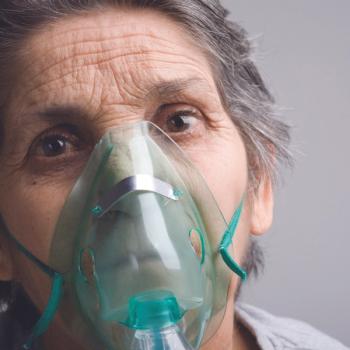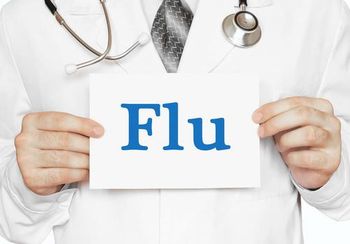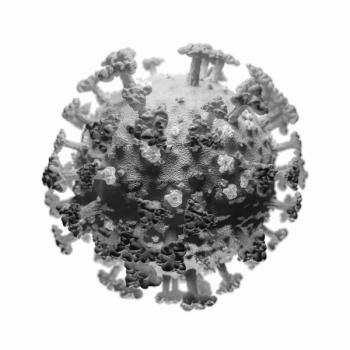
The test is not FDA approved, but is instead authorized for emergency use in the context of the SARS-CoV-2 pandemic.

The test is not FDA approved, but is instead authorized for emergency use in the context of the SARS-CoV-2 pandemic.

A common combination of probiotics showed no benefits for reducing antibiotic administration in older adults in care homes, according to a study led by Oxford University investigators.

A former Assistant Secretary of Health calls upon both to consider how a face mask mandate could mitigate transmission and mortality.

Dr. Pol Vandenbroucke explains how the development of health and civil society infrastructure around the world helps to slow antimicrobial resistance.

Should we be reconsidering the length of time patients are isolated?

Dr. Pol Vandenbroucke describes the alarming global threat of antimicrobial resistance.

The FDA clears way for next phase for abivertinib to treat hospitalized patients.

A single injection of the Ad5-vectored COVID-19 vaccine induced specific immune responses to the spike glycoprotein at day 28.

This was seen in patients who were receiving either invasive mechanical ventilation or oxygen.

The development of BNT162 is based on BioNTech’s mRNA platform; the vaccine will then be produced using Pfizer’s vaccine manufacturing capacities.

New data shows the ChAdOx1 nCoV-19 vaccine candidate induces T cell response within 14 days, and antibody response within 28 days.

Luminex Receives FDA Emergency Use Authorization for its xMAP SARS-CoV-2 Multi-Antigen IgG Assay.

Quest Diagnostics will now able to efficiently test larger groups of specimen among persons from low-coronavirus risk areas.

Results highlight burden of disease and potential issues associated with contact tracing.

Contracting influenza increased the risk for invasive pneumococcal disease in a study conducted across 3 countries.

Perspective on how the anticoagulant could progress to human trials and potentially, marketing use for coronavirus prevention.

In a small Italian study, a majority of patients who were hospitalized and recovered from the virus, had lingering symptoms and many had a “worsened quality of life.”

Weekly, we identify FDA announcements that pertain to infectious disease care. This week, FDA continued an investigation of undeclared wood alcohol contents in hand sanitizer.

Asymptomatic and presymptomatic cases of COVID-19 create challenges for identifying and combating the spread of the virus in detention facilities.

A discussion with an RPI investigator after promising early findings.

A modeling study from Imperial College shows the COVID-19 pandemic may have significant effect on mortality among other infectious disease patients.

A model including clinical symptom reports, Internet searches, and emergency room data predict influenza hospitalizations better in affluent vs. poorer communities.

West and Central African nations have been developing infrastructure to combat ebola, malaria, malnutrition, and more.

A paper examines how these droplets are transmitted and ways to protect these providers from COVID-19.

A modeling study from Imperial College shows the COVID-19 pandemic may require balancing with other infectious disease priorities.

The burden of COVID-19 is far reaching and a new study into excess mortality sheds light on this saddening topic.

Tens of thousands of patients were prescribed the anti-malarial drugs in the early weeks of the pandemic, a statistic that concerns public health officials.

Heparin may lower the odds of SARS-CoV-2 infection, according to investigators from the Rensselaer Polytechnic Institute.

Rajiv Dhand, MD, discusses the importance of everyone wearing face masks including health care workers seeing patients outside the hospital setting.

New study findings shed light on the positive effects of baloxavir for preventing influenza spread in household settings.